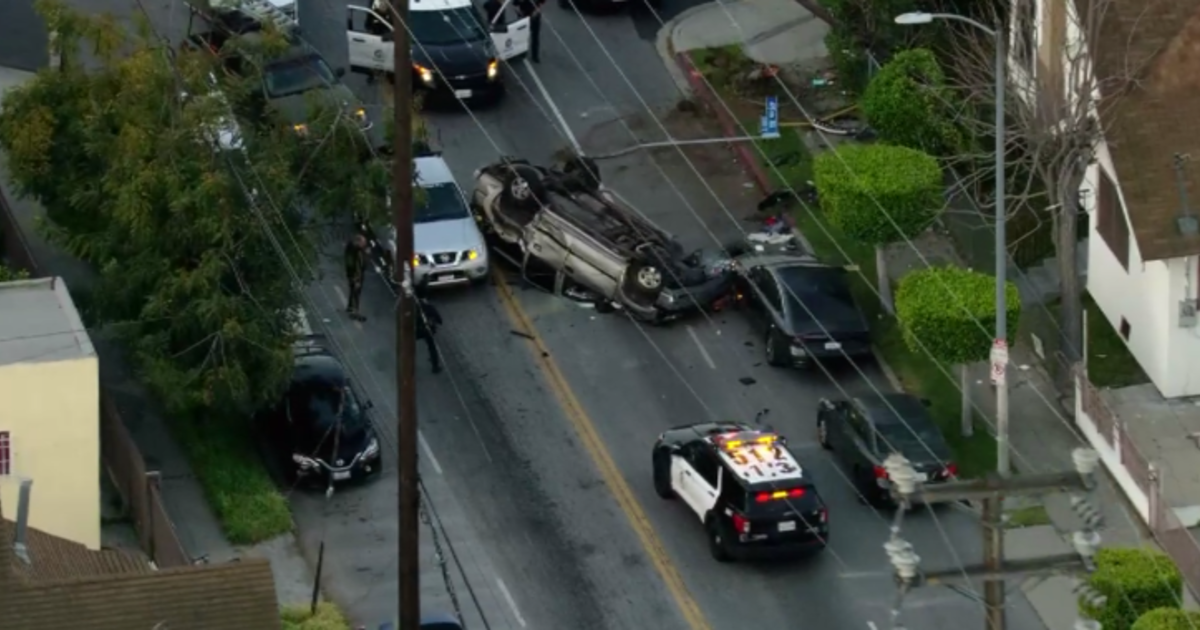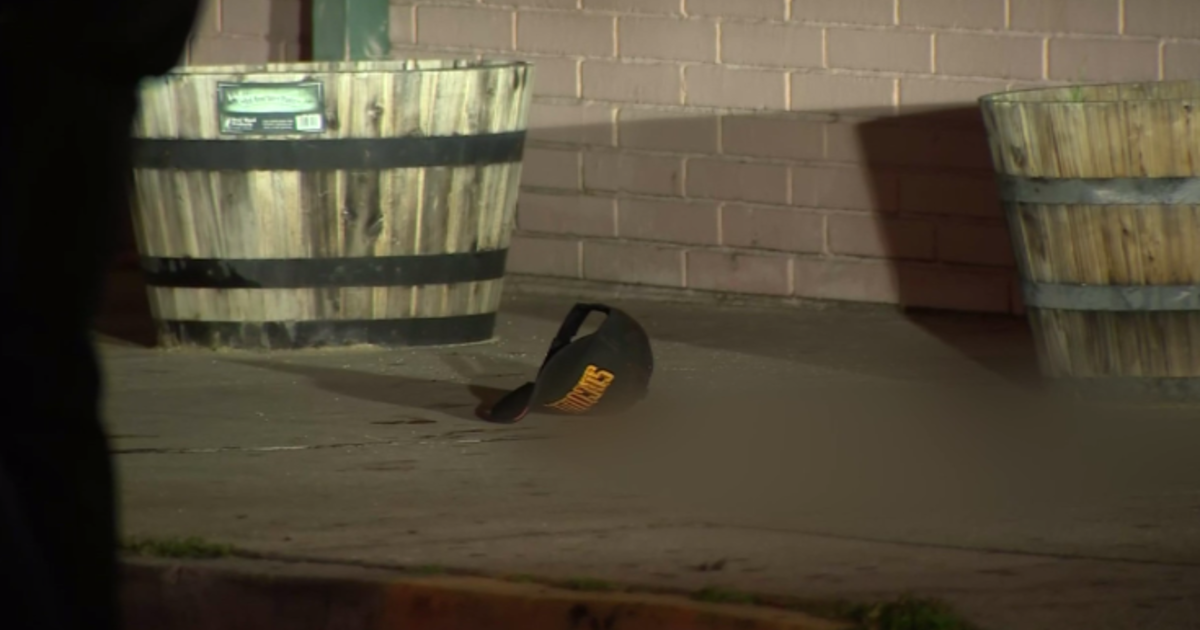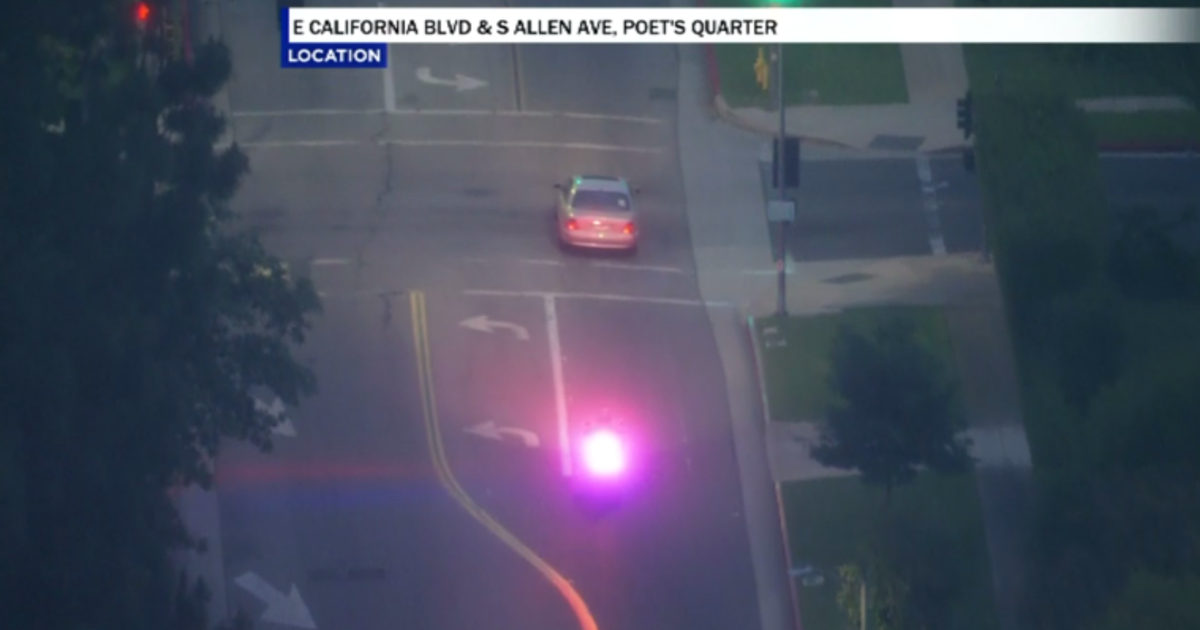Museum Of Tolerance Acquires Bertrand Russell's Nazi Appeasement Letter
LOS ANGELES (AP) — The Museum of Tolerance has acquired a 1937 letter written by Bertrand Russell in which the Nobel Prize-winning philosopher says if the Nazi army invades his native England the British should invite Adolf Hitler to dinner rather than fight.
The museum, part of the Simon Wiesenthal Center, announced Wednesday that it paid $4,000 for the letter at a London auction last month.
"If the Germans succeed in sending an invading army to England we should do best to treat them as visitors, give them quarters and invite the commander and chief to dine with the prime minister," Russell wrote to British critic Godfrey Carter. "Such behavior would completely baffle them."
Rabbi Marvin Hier, the Wiesenthal Center's founder, says Bertrand's letter will be placed in the museum alongside one that Hitler wrote in 1919 outlining the anti-Semitic views that would lead to the Holocaust and killing of 6 million Jews.
The museum's mission is to educate people about the Holocaust and challenge them to oppose discrimination in all forms. The Russell letter is important, Hier said, because it warns future generations that even a distinguished scholar can be wrong in allowing evil to go unchallenged.
"The fact of the matter is he had all the credentials. He probably was Britain's greatest philosopher and won the Nobel Prize for literature after all," Hier said. "But he didn't understand a basic concept: that the idea that you allow evil to flourish under these conditions, that if we act nice to Hitler, serve him the best wine, that Hitler will come around to see things our way is just preposterous."
Russell, one of the 20th century's leading pacifists, eventually changed his views on Hitler.
In the letter, written during the time Hitler was stripping German Jews of their rights, sending political prisoners to the brutal Dachau concentration camp and building a huge military machine, Russell said he saw no value in engaging the country in war.
"We may win or we may lose," he wrote. "If we lose obviously no good has been done. If we win we shall inevitably during the struggle acquire their bad qualities and the world at the end will be no better off than if we had lost."
(© Copyright 2014 The Associated Press. All Rights Reserved. This material may not be published, broadcast, rewritten or redistributed.)



